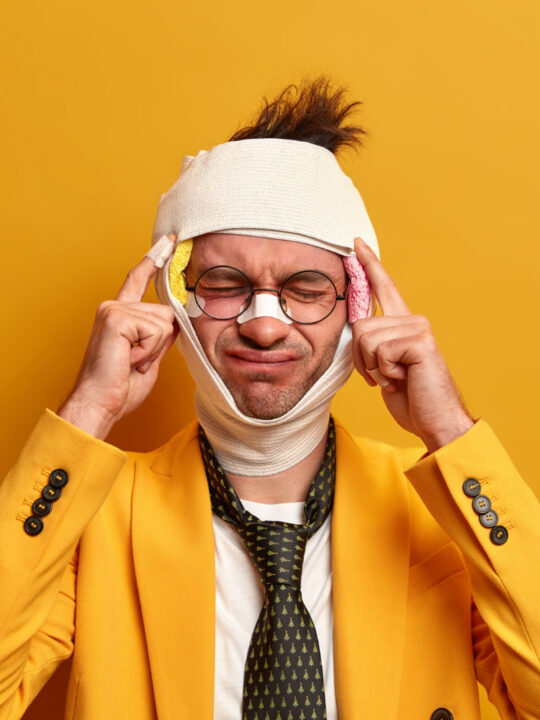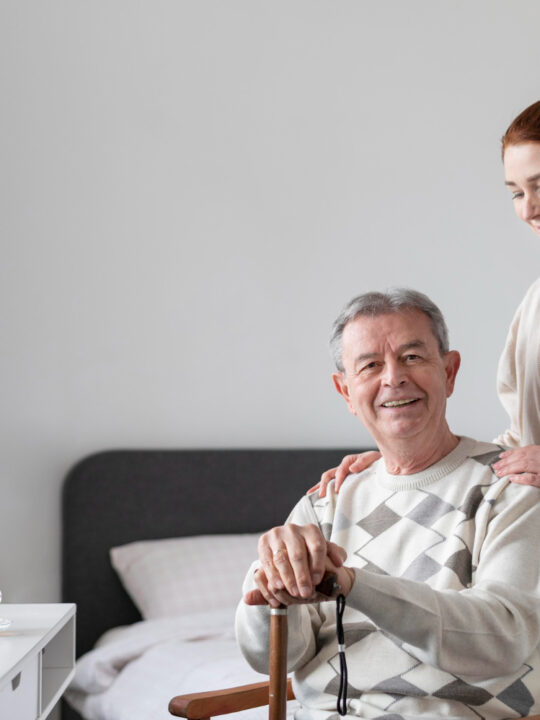 A term we hear more and more of these days in the medical profession is “allied health”. But what is allied health exactly and when would you require the services of an allied health professional?
A term we hear more and more of these days in the medical profession is “allied health”. But what is allied health exactly and when would you require the services of an allied health professional?
In this article, we’ll take a closer look at what allied health actually entails, allied health jobs and why an allied health professional might be the right fit for your circumstances.
Table of Contents
What Are Allied Health Professionals?
When we think about healthcare, our thoughts naturally focus on doctors, nurses, surgeons and specialists. However, there are many other professions in the field of healthcare where the individual performing the role is neither a doctor nor a nurse. Jobs in allied health are filled by people trained and experienced to carry out specific tasks. That’s not to say there are no doctors or nurses working in allied health, but that allied health provides a more broad range of healthcare and support services, as you’ll discover in the next section.
Generally speaking, the role of allied health professional jobs covers a broad spectrum with the aim of preventing, diagnosing and treating a range of conditions. It can also be about rehabilitation, along with home care.
The Varied Roles of Allied Health Professionals
Providing care for people of all ages, from young children through to the elderly, professionals in allied health assist people suffering from things like chronic illness, people living with a disability, dementia and people recovering from an accident and resulting injuries.
Workers in allied health work in conjunction with other healthcare professionals and people to identify and assess issues, assist in recovery and enable patients to get back on their feet again. Part of the role of the allied health professional, in some instances, is to negate or reduce the need for medical intervention.
As the name “allied health” suggests, it’s a very diverse profession, bringing people together with a broad skill set that crosses over many professions. The variety of assistance offered by allied health professionals covers the entire spectrum of healthcare and health issues.
As an example of a snapshot of what’s available in allied health, here’s a list of just some of the things allied health professionals offer:
- Chiropractic Care
- Arts Therapy
- Exercise Physiology
- Audiology
- Genetic Counselling
- Dietetics
- Occupational Therapy
- Medical Radiations
- Music Therapy
- Osteopathy
- Optometry
- Prosthetics
- Physiotherapy
- Speech Pathology
- Social Work
- Rehabilitation
- Assisting With Disabilities
- Aged Care
- And more…
The above list is not an exhaustive one, as allied health covers a massive spectrum of assistance, help and support across the entire healthcare industry.
The places where allied health professionals work include:
- Hospitals
- Medical Clinics
- Private Practices
- In-Home Care
- Community Health Centres
- Schools & Universities
- Care Homes
- And more…
How Allied Health Professionals Can Be of Assistance
To truly define how a professional in allied health can be of assistance really depends on the individual’s personal situation. It would take an entire book to cover every instance of how allied health can be of assistance, but let’s define it a little by looking at a few examples.
When it comes to home care, a professional can assist with things like helping a person recover from an injury, assist someone who lives with a disability, or even attend the day to day duties to help a person with dementia or Alzheimer’s Disease. Assistance isn’t limited to medical attention, but can also include running errands, cleaning, cooking and any other daily duties that will be of assistance to the patient.
An example of an allied healthcare professional who is neither a doctor nor a nurse might be a physiotherapist. People in this profession perform a vital role to help patients recover following an injury or surgery. The same can be said for a chiropractor, speech pathologist, art therapist, counsellor and others. These allied health professionals may not be certified doctors or nurses, but are trained and qualified in their respective fields and provide vital assistance in conjunction with other healthcare professionals. Often, it’s all about teamwork.
The Wrap
As you can now see, the roles of people involved in allied health are broad and varied. Each healthcare worker provides vital skills and knowledge to help patients recover, or to assist those who need help in their day to day life.







